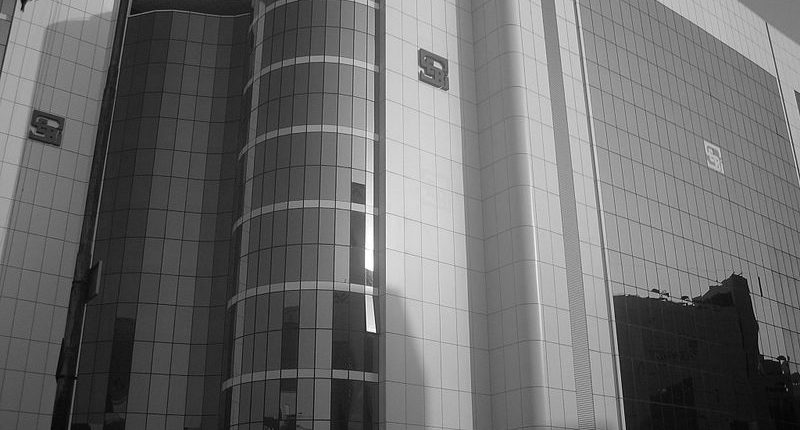The market watchdog, Securities and Exchange Board of India (SEBI), is planning to scrutinize both equity and debt mutual fund trading patterns to assess if they affect the general market sentiments. For this, they have already started to update and improve its Integrated Market Surveillance System (IMSS).
The government has nudged SEBI to look into the market crash in September. They presumed that the aggressive sale of NBFC stocks and debt instruments was done to deliberately cause the crisis, and take advantage of the investors’ panic.
SEBI is investigating the sale of commercial papers (CPs) at higher prices than the then market prices by fund houses. This, of course, eradicates buying an interest in the debt papers by end of the day (rollover).
In these scenarios, financial institutions sometimes dump certain company shares that find it tough to roll over their debt instruments, thus spoiling the market sentiment.
The government is also examining reports that mention CPs of a few other finance companies are being given with considerable rebates in the prevailing market price. However, SEBI has no data pertaining to this.
The upgraded IMSS can create alerts for such manipulated market conditions. According to an inside source, some changes in algorithms will be incorporated into the system to tighten surveillance of trading practices of mutual funds.
SEBI has formulated a team to work the details in its integrated surveillance department. In spite of that, the market regulator has faced brickbats for not delivering the required statistics. SEBI has spent more than Rs. 50 crore to upgrade their IMSS.





